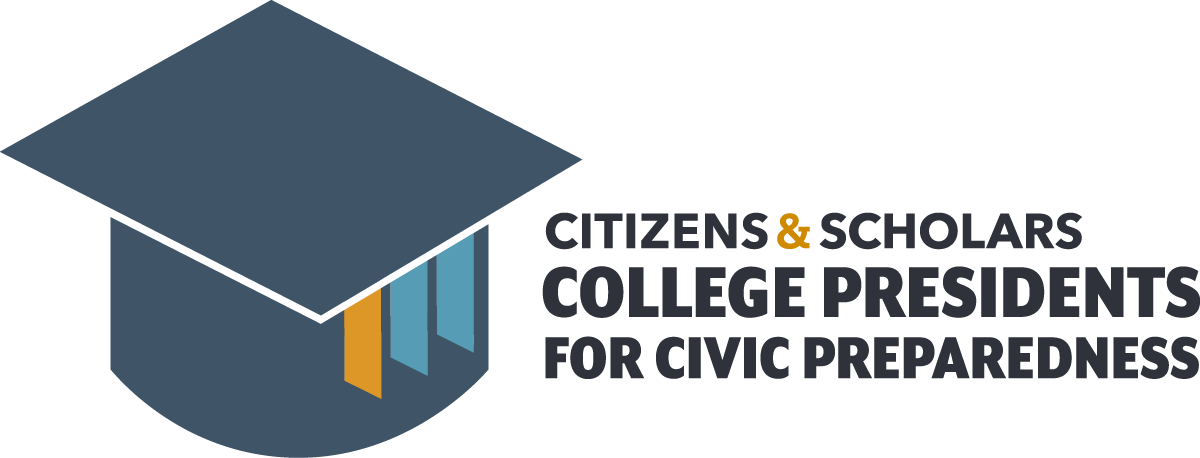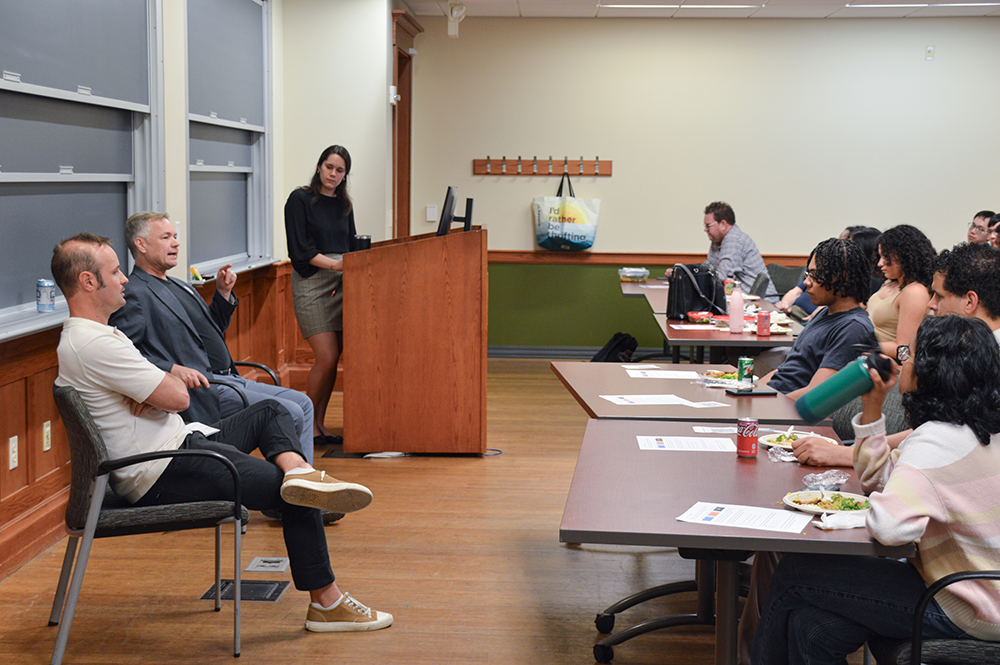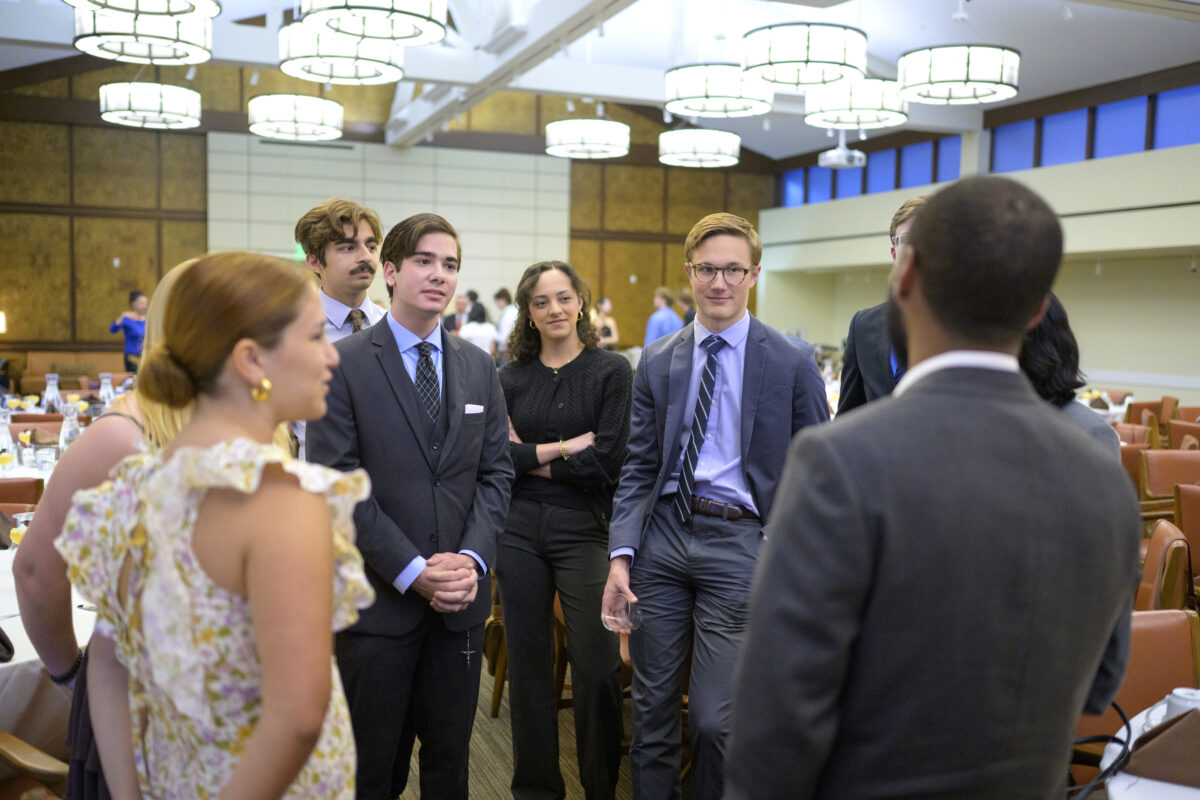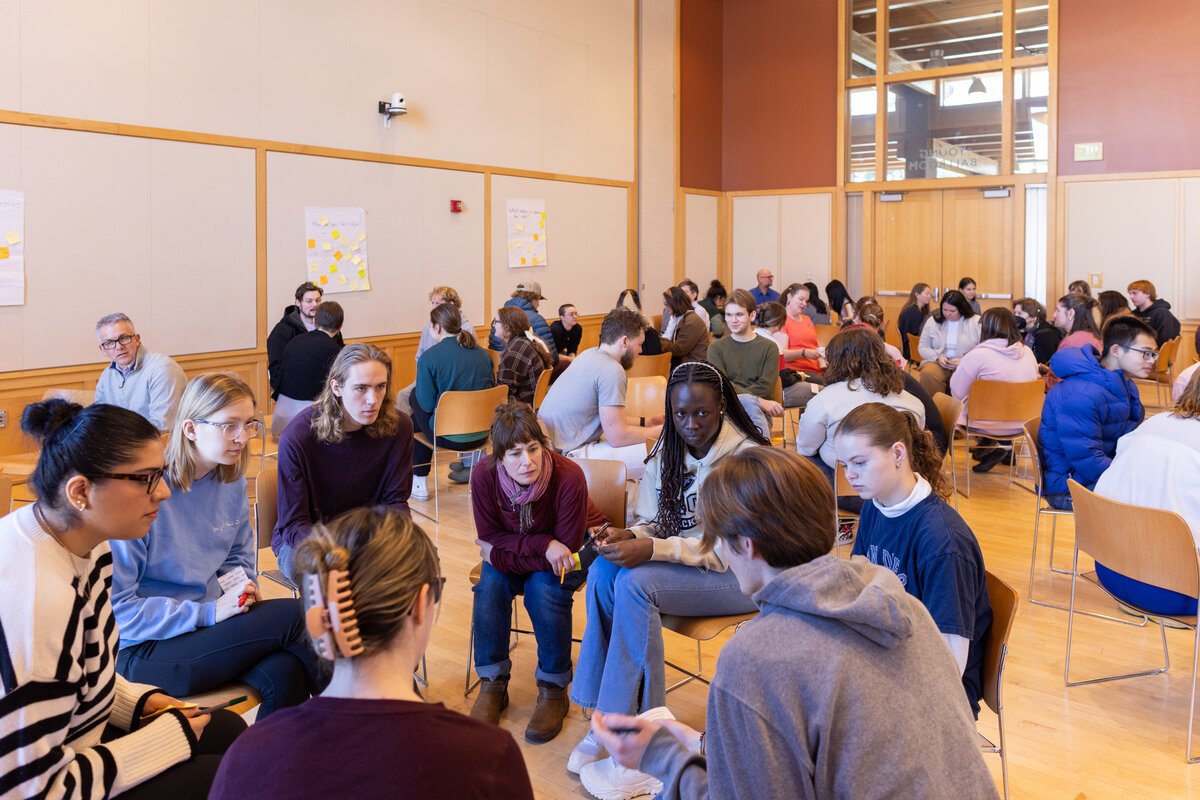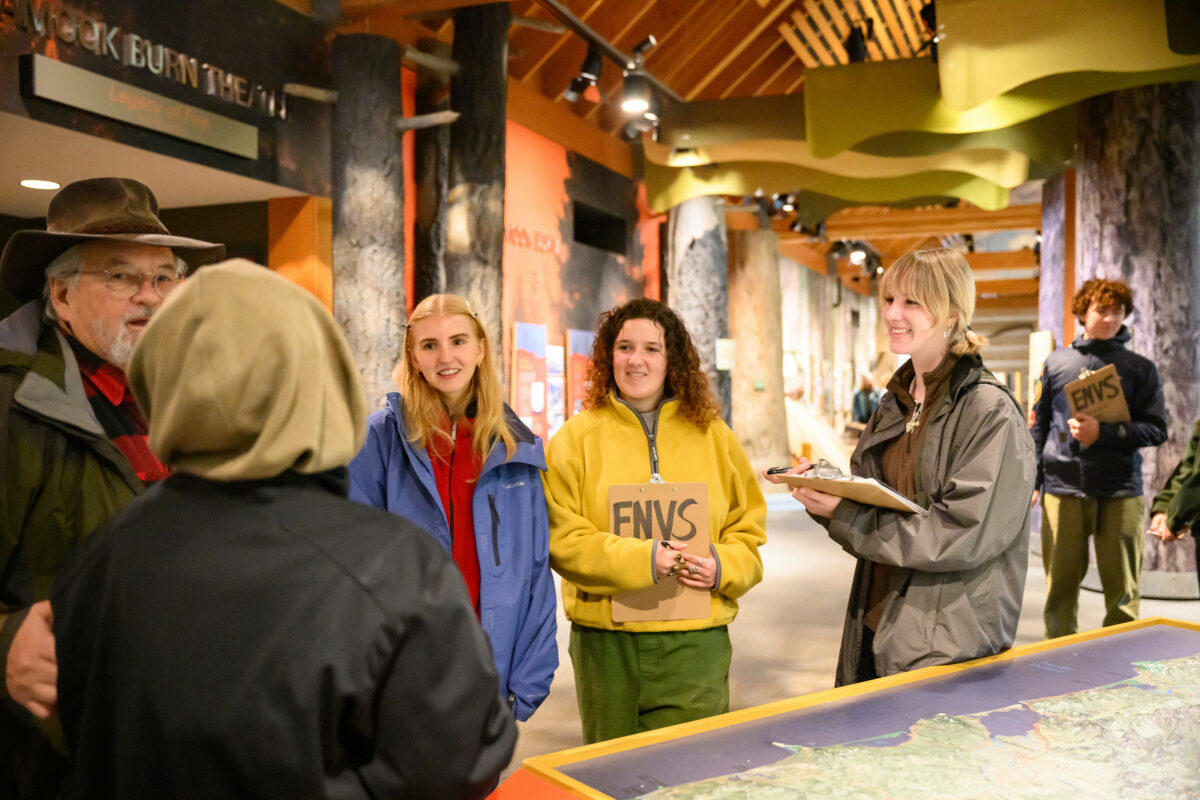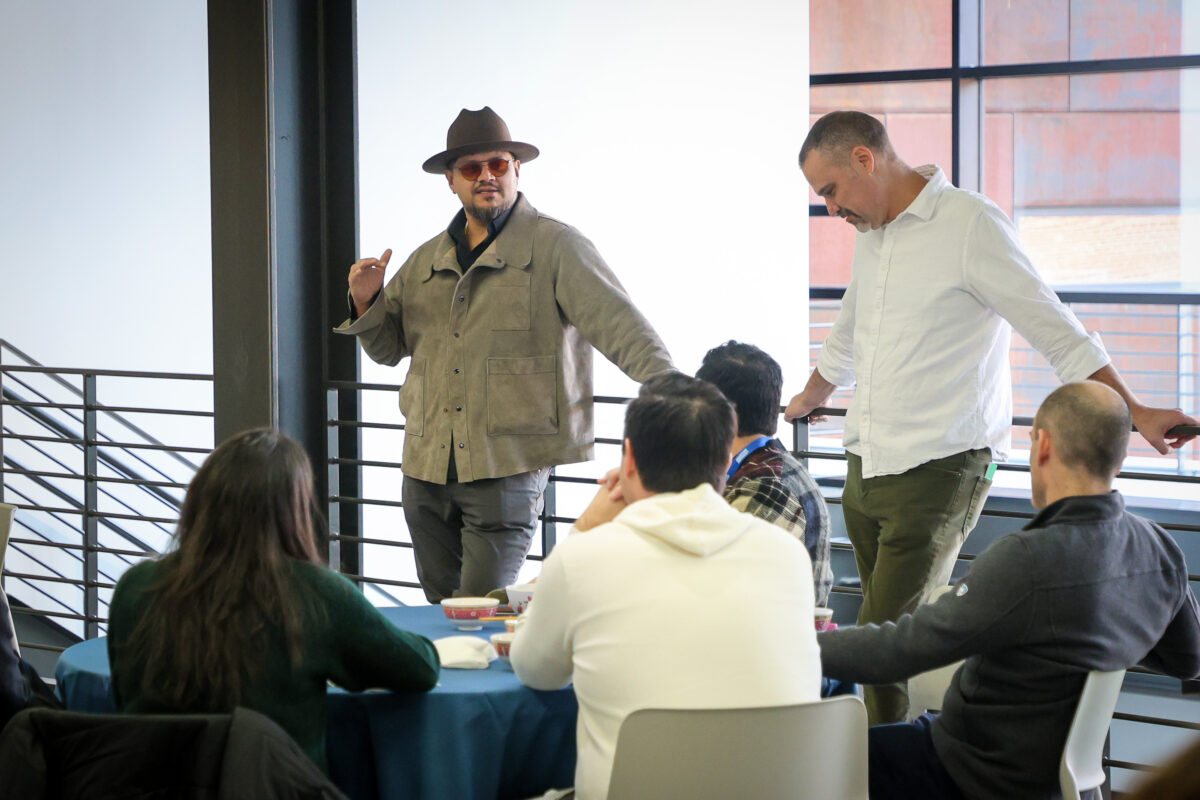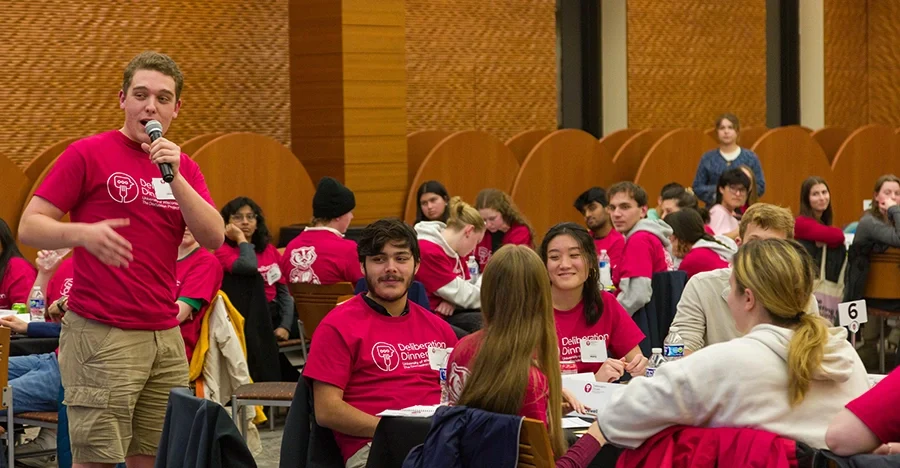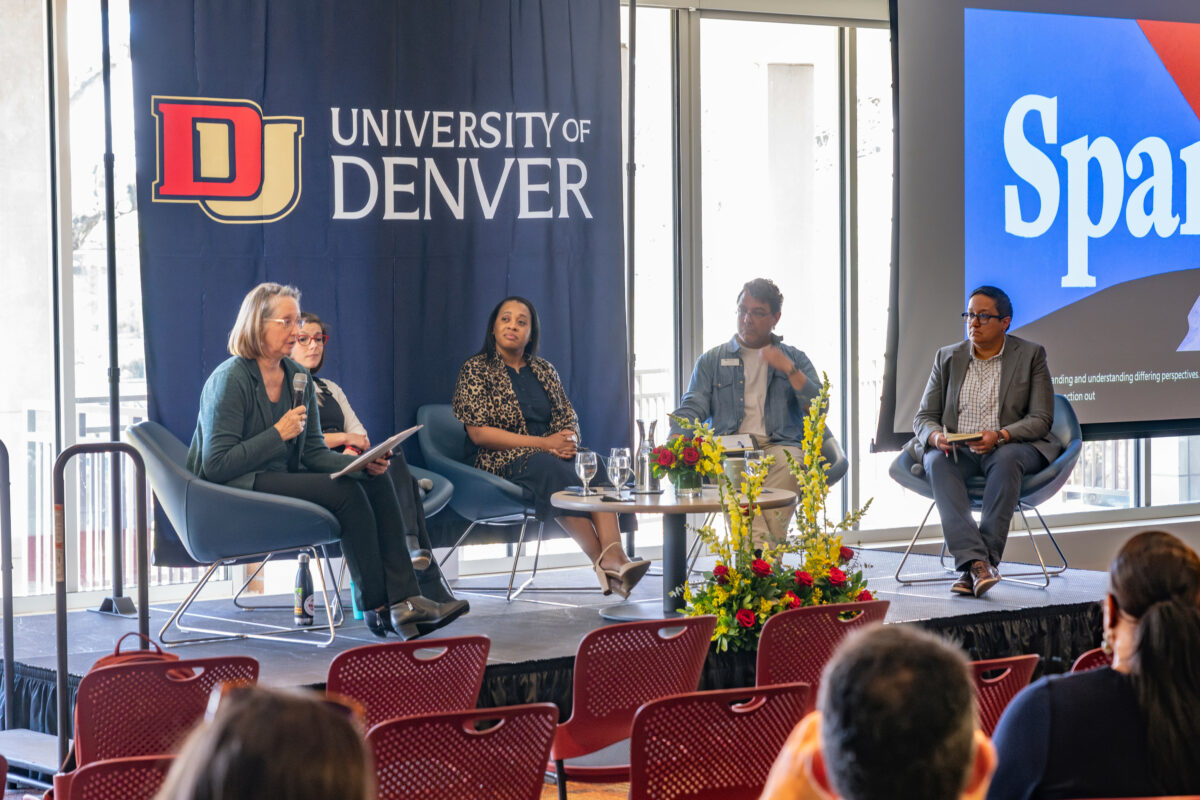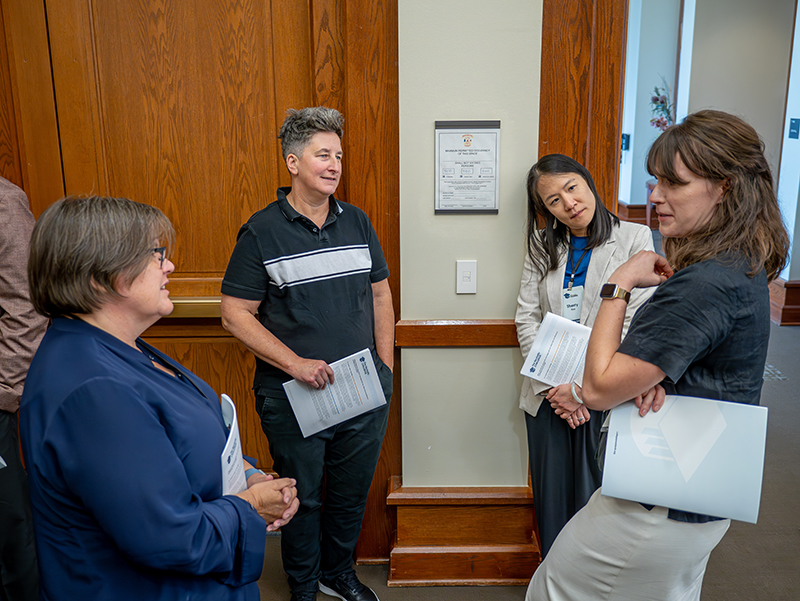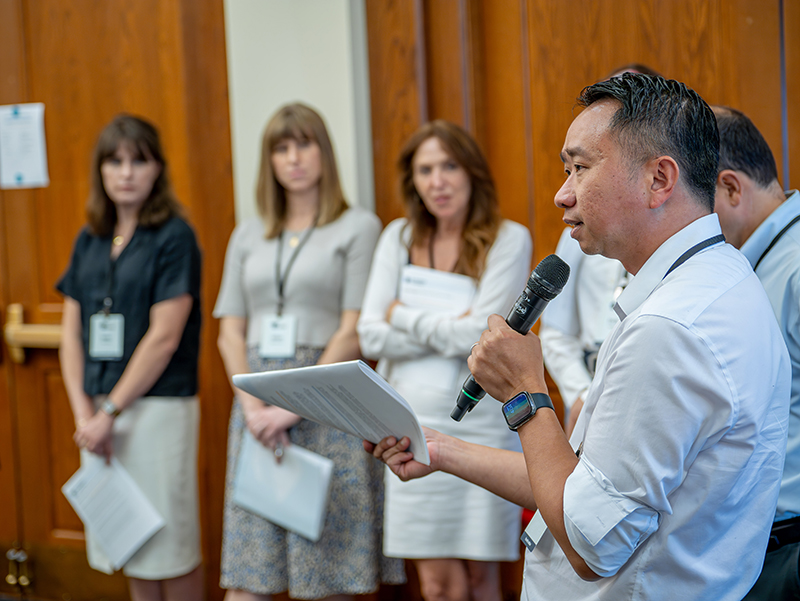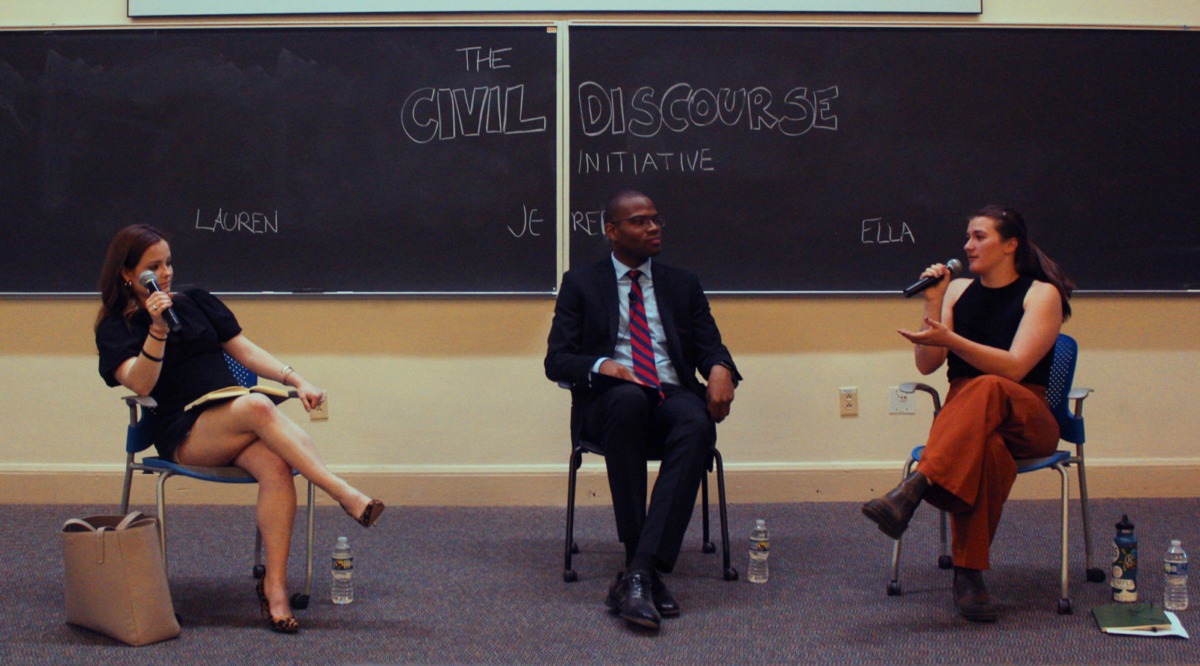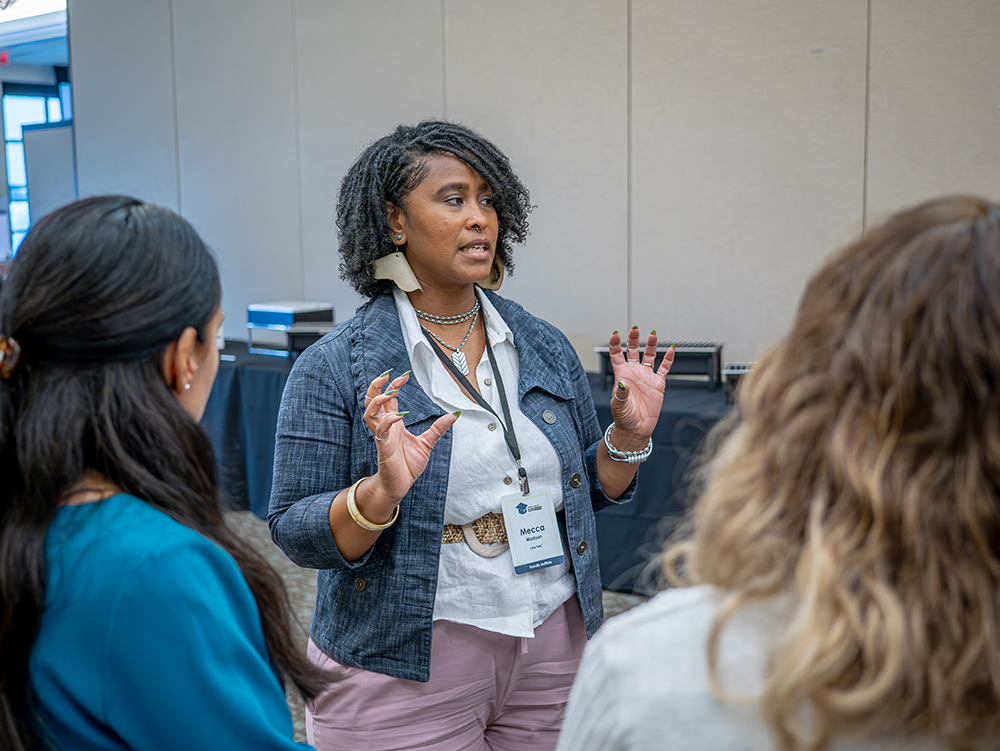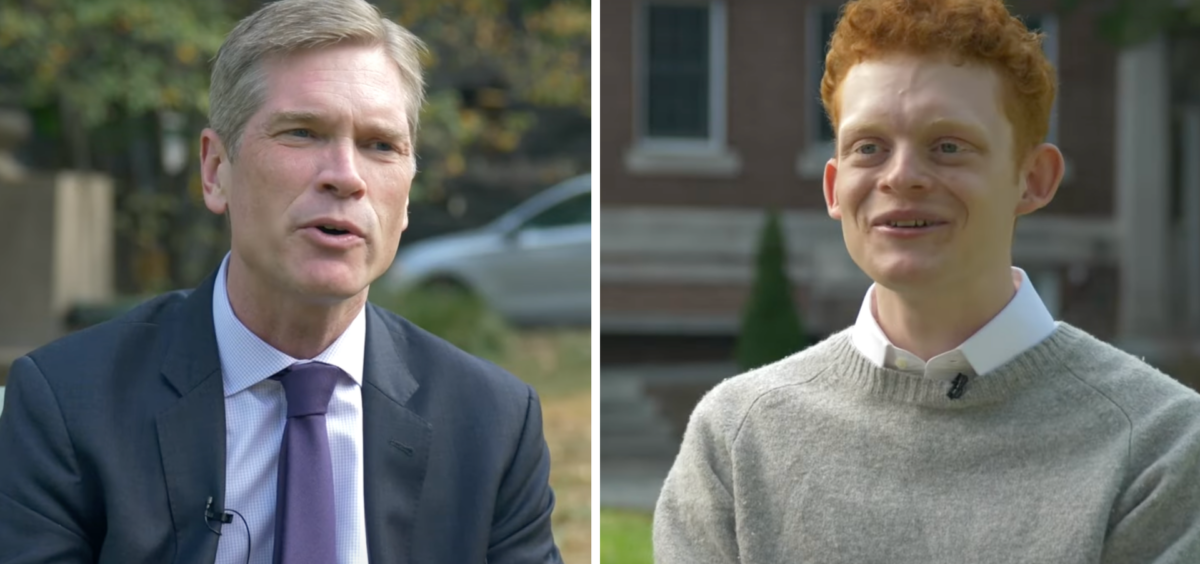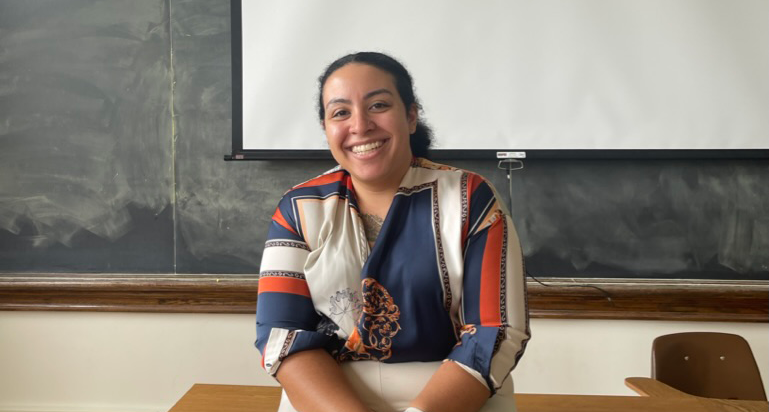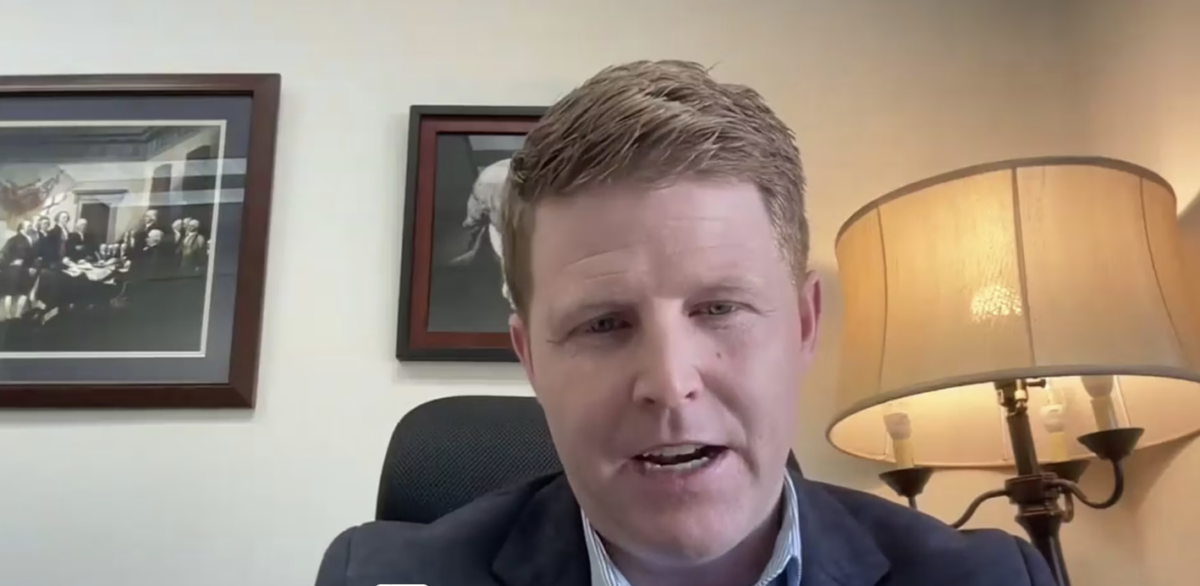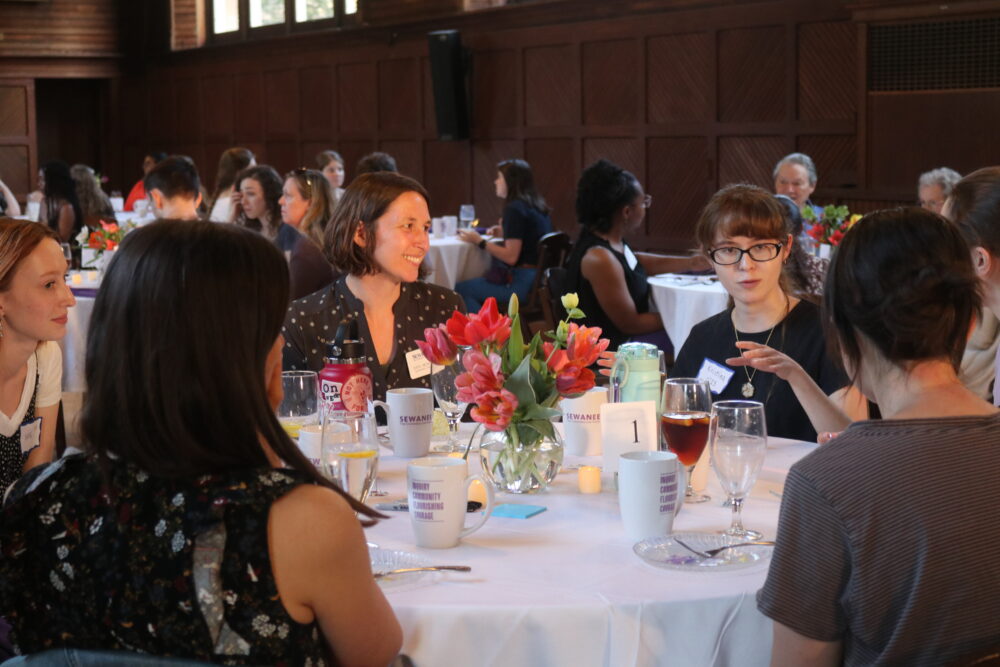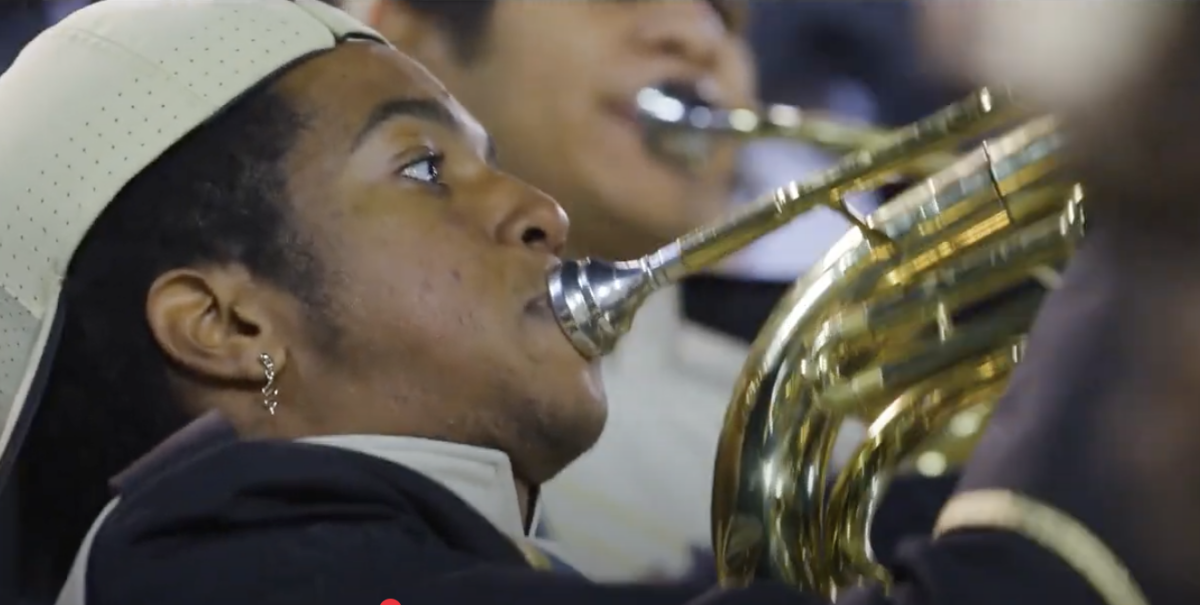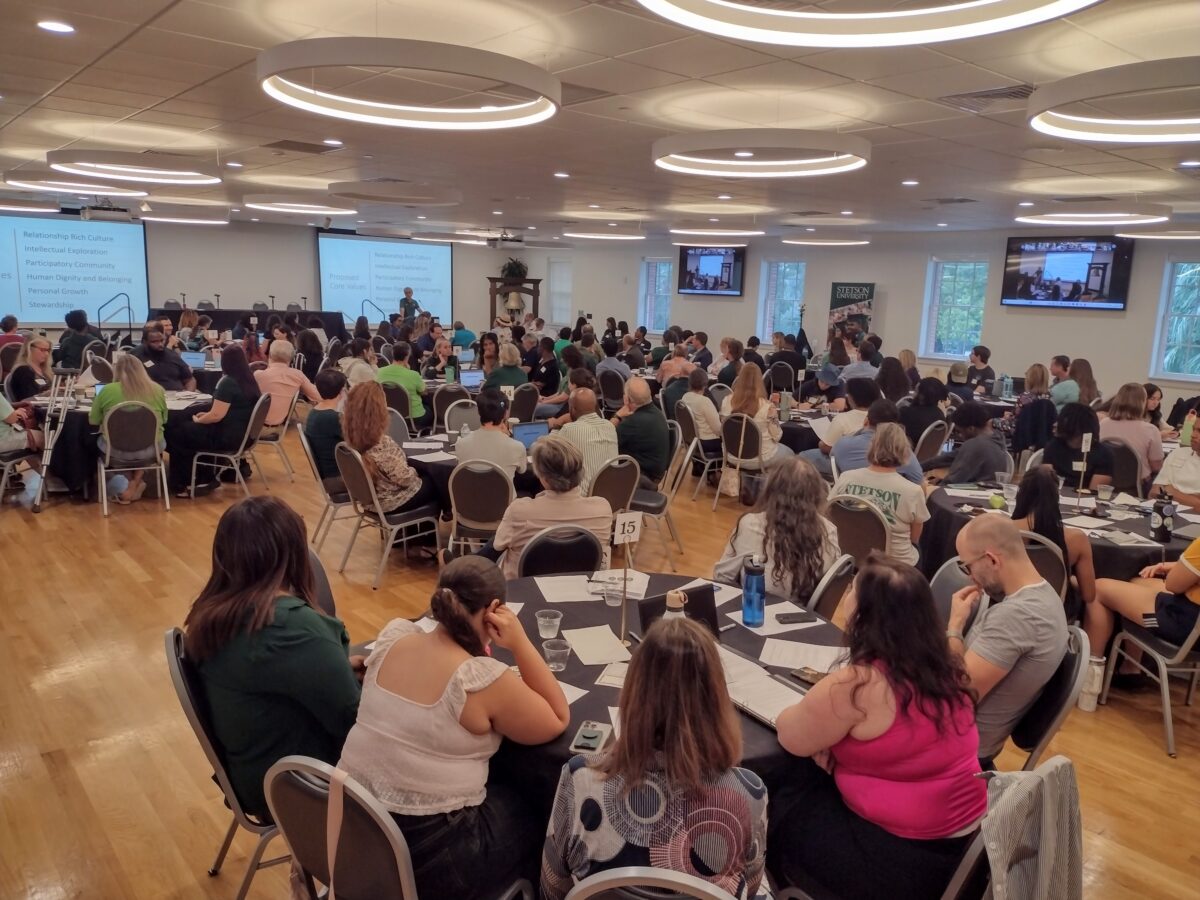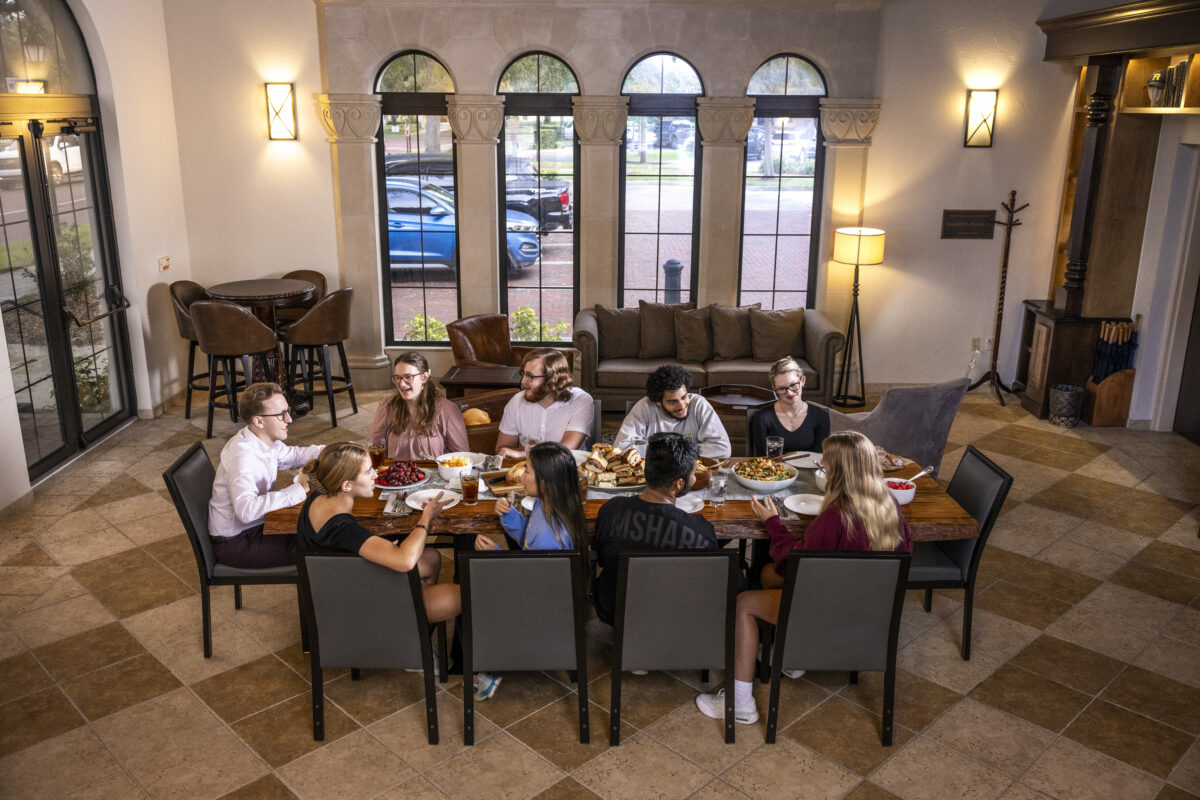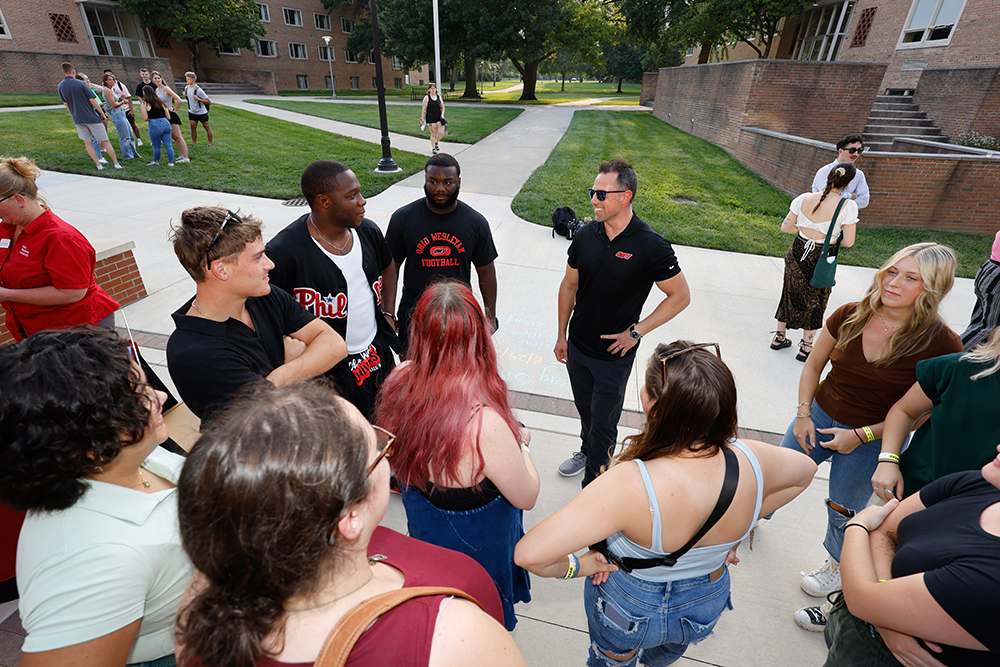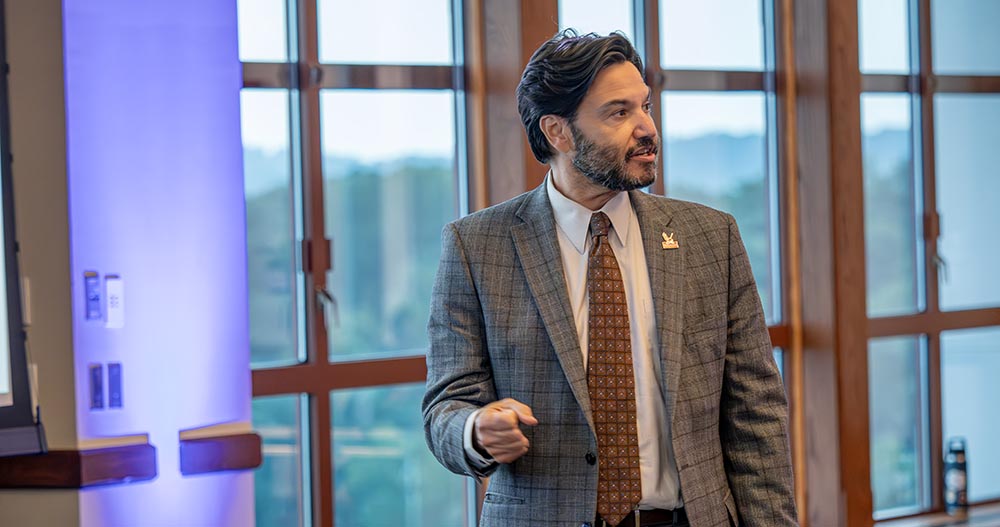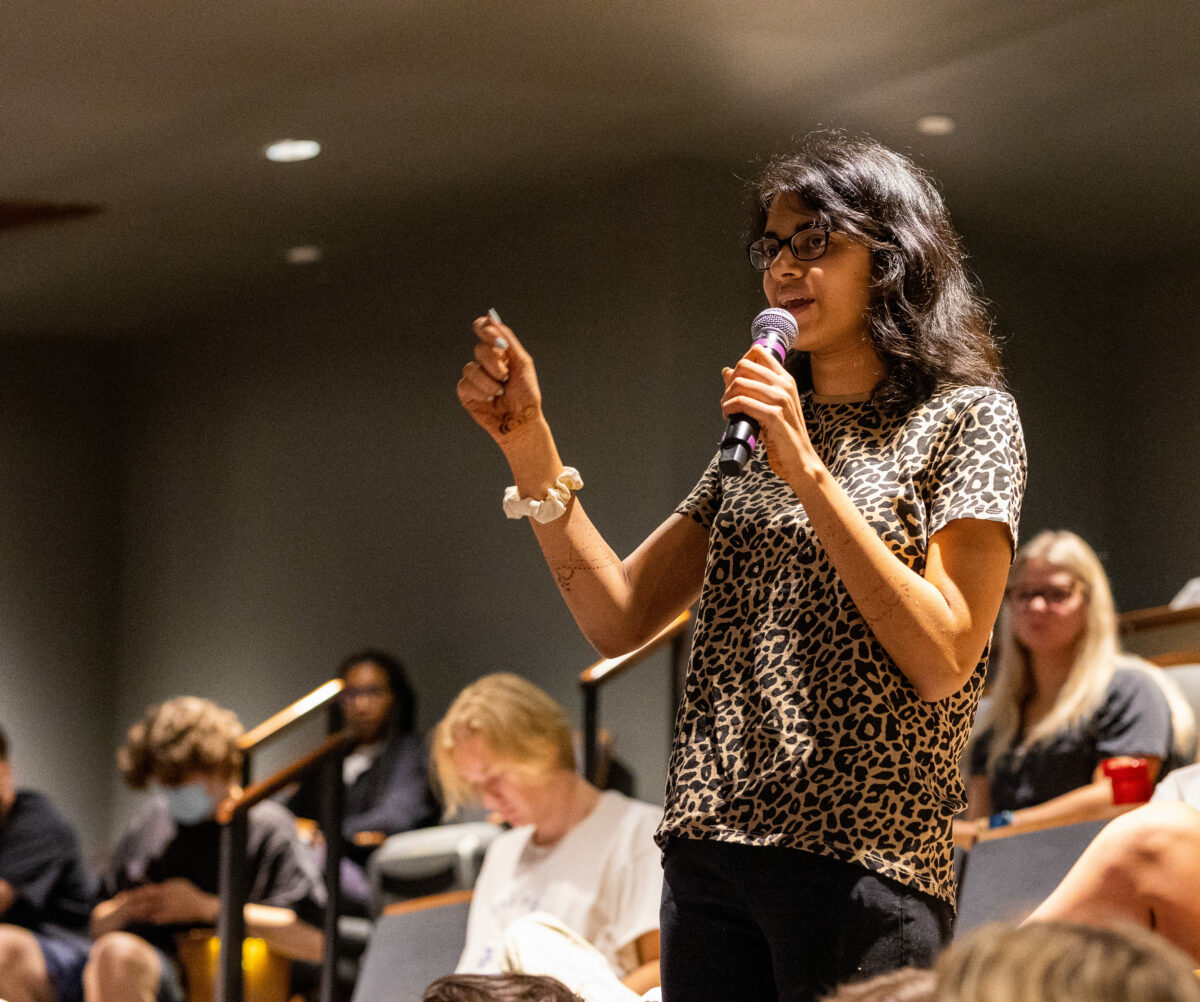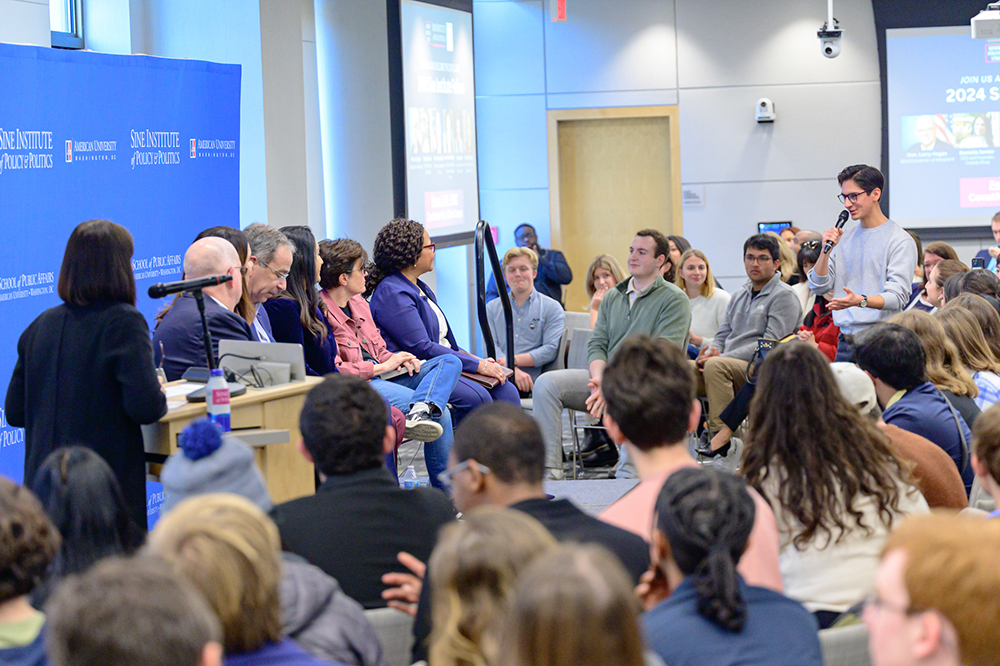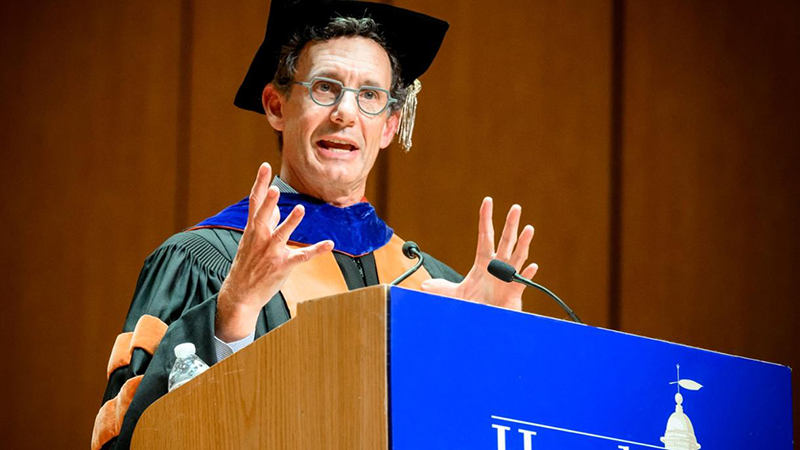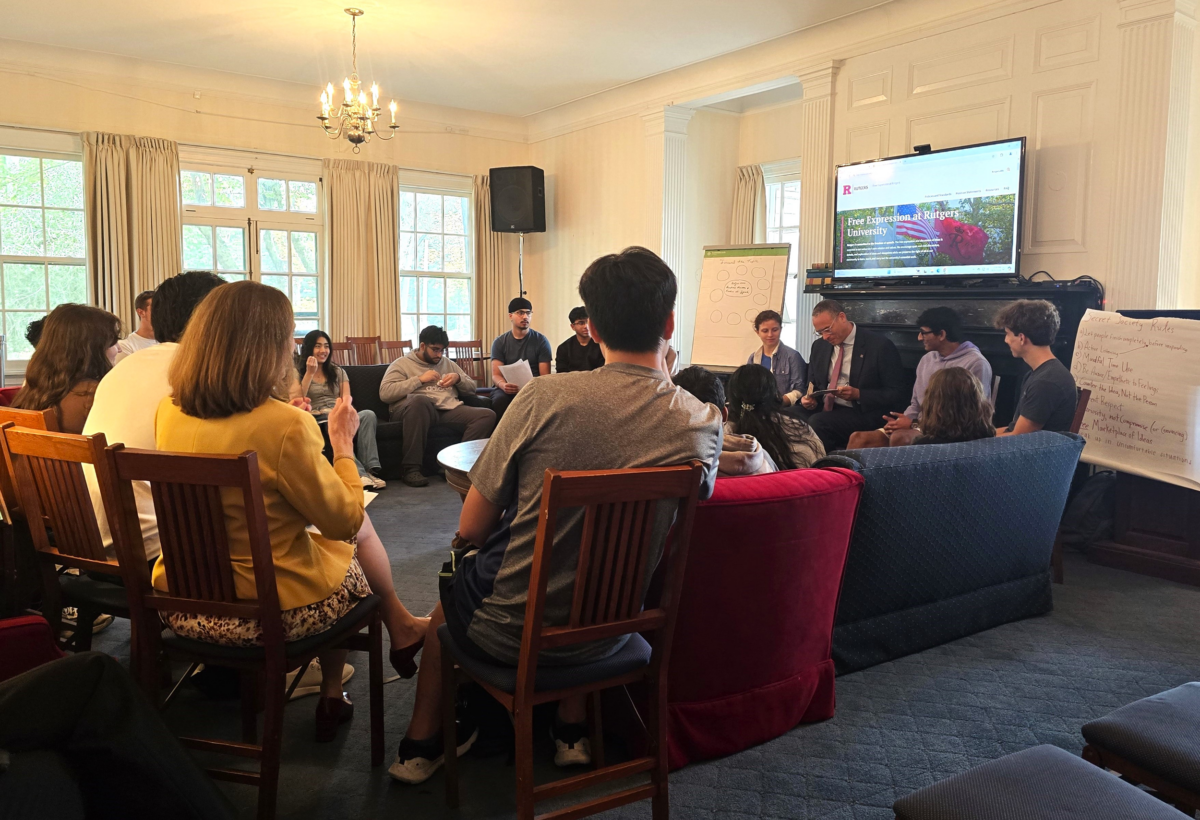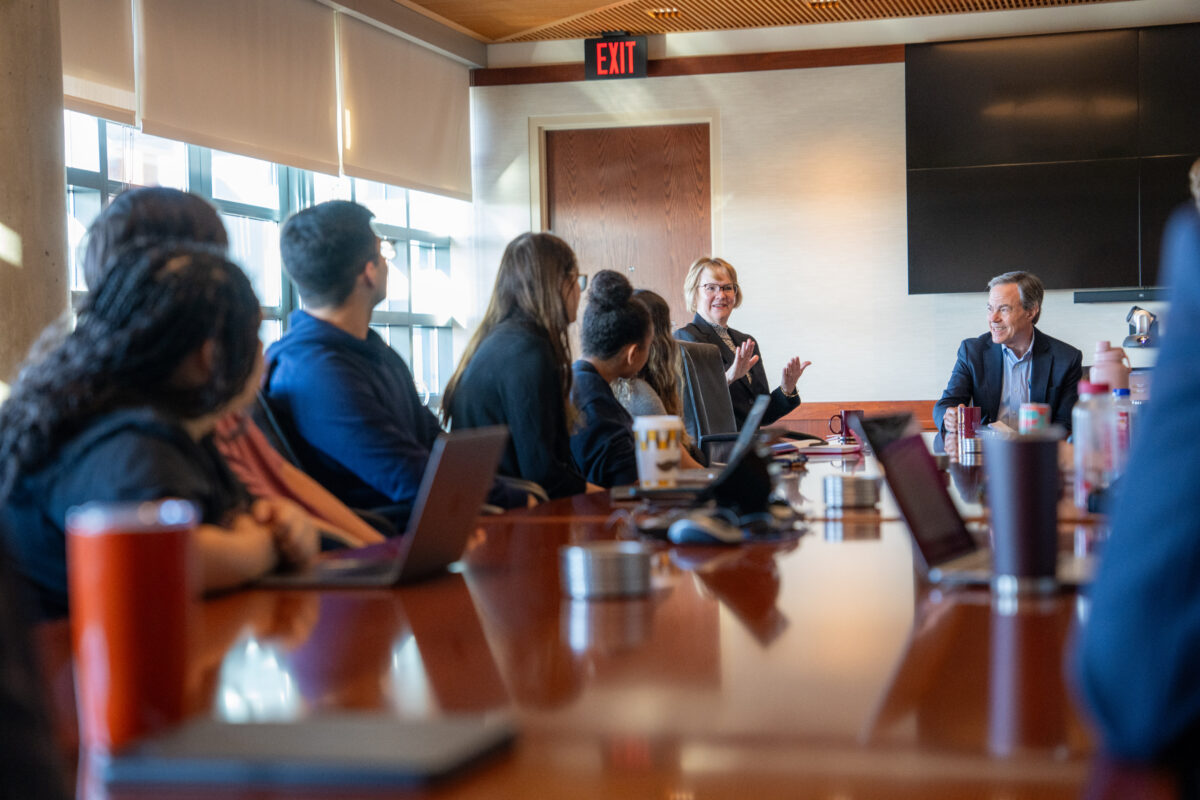Can conversations about difficult topics over a meal help lower the temperature? Washington University in St. Louis’ Dinner & Dialogue series shows that it’s possible. Part of The Civil Society Initiative, these events are bringing students together to discuss hot-button topics like immigration, Indigenous land rights, and the limits of protest. Two student leaders, Ben Ewer and Kate Farmer, talk about what it’s like to host these discussions and how they manage to bridge political and ideological divides.
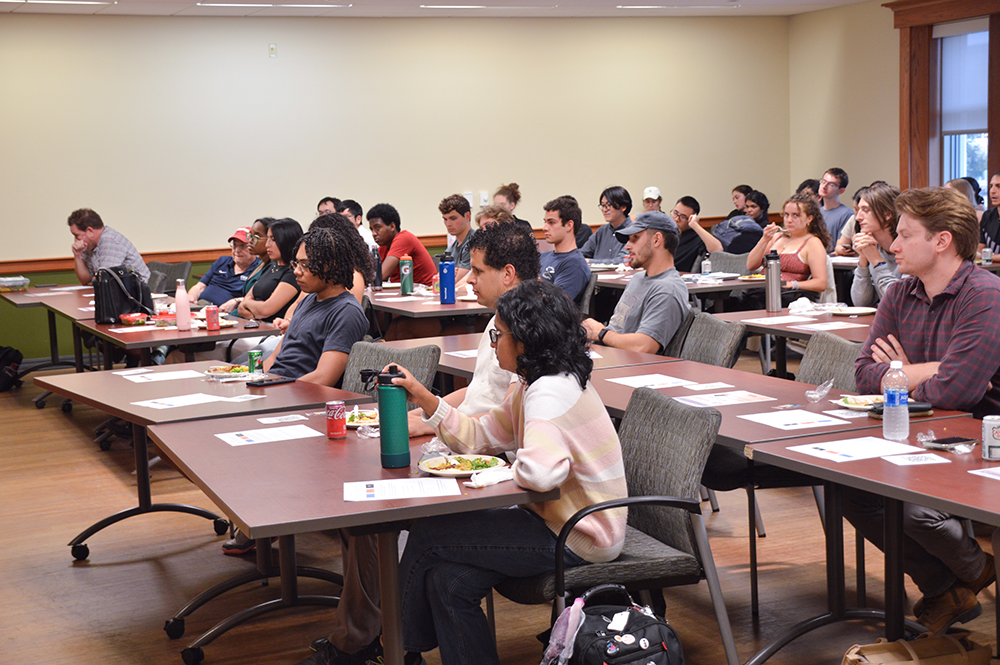
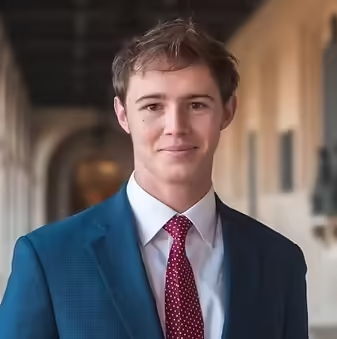
WashU student Ben Ewer
Hear from student Ben Ewer on overcoming differences through thoughtful discussion:
In the class, I found we were easily able to navigate deep disagreements because we each shared (thanks to the structure and material of the class!) two beliefs about what were doing: (i) there is an answer to this difficult question and (ii) we want to find the right one. I thought this forced us to move beyond ourselves, that is, to make these questions less personal. The class wasn’t about justifying ourselves to others, but instead about thinking through difficult questions and subjecting ourselves to skepticism over the reasons we have to hold a respective value-based belief. These difficult (impossible, in some cases?) questions were approached more as problems to solve rather than things over which to fight. The result was, I thought, far-and-away the best discussions I have had in any class as an undergraduate. There is not really another forum on campus where someone can mimic these kinds of conversations, and certainly not one that is guided by someone who really knows the terrain, so to speak.
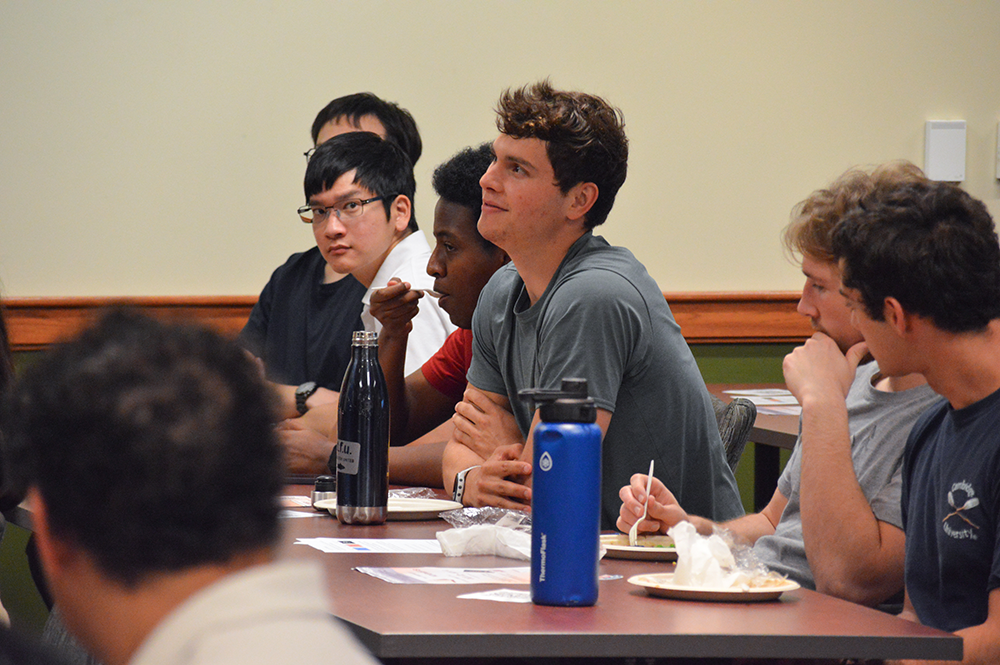
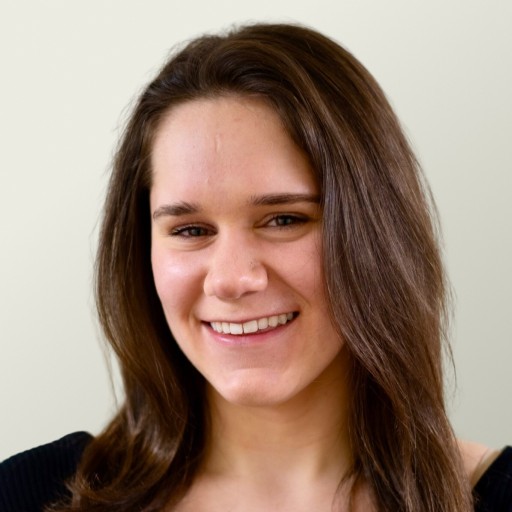
WashU student Kate Farmer
Hear from student Kate Farmer on the art of moderating hot topics:
Moderating the Is Protest Voting Wrong? Dinner & Dialogue event was an exciting way to apply my learning in a setting more akin to the real world than I normally would have access to as a student. Preparing the material for our discussion, I had to focus on not just the salient points of an issue, but also to anticipate the audience’s responses to it — who might disagree with this? What might their response be? How can I frame my thoughts in a way that fairly caters to all sides of the issue?
Or, even more challenging: if I think one side isn’t a valid one, how do I balance my sense of correctness with a sense of fairness to the speaker? There certainly were moments like this in my event, and as the moderator, I noticed the crowd watching for my reaction. One especially difficult moment came from an outspoken participant in the first row, who questioned me doggedly about widespread student voter fraud — asserting that most college students vote fraudulently and in multiple state elections at once, and that the integrity of our elections is therefore under attack. It was both off-topic and a perspective that most everyone in the room would say is factually inaccurate.
I made the decision not to censor or shut his comment down, but to nudge the speaker back towards the subject of the event, and then to open his comment up to others for response. The panelists and event participants gave him a resounding critical response, but in a way that actually addressed the substance of his concern, not merely dismissing his comments as crazy or heretical. It was heartening and also stimulating — as a student who often worries about self-censorship in herself and others, there’s a certain satisfaction in being able to look all perspectives in the eye, and for groups to work constructively towards addressing heterodox ideas without immediate rejection or disdain.
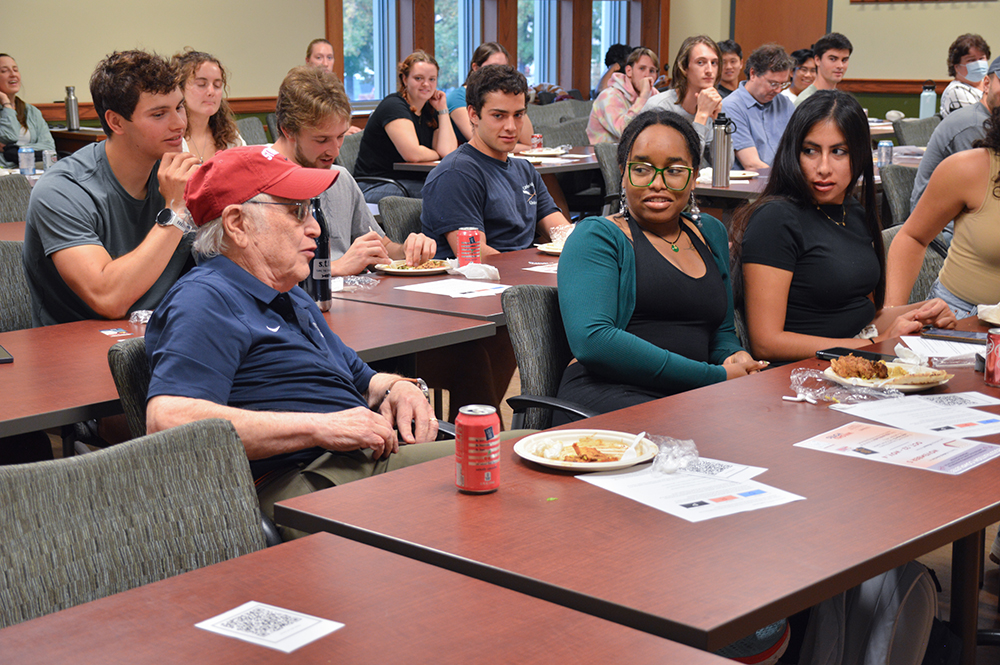
Photo credit: The Civil Society Initiative, Washington University in St. Louis
